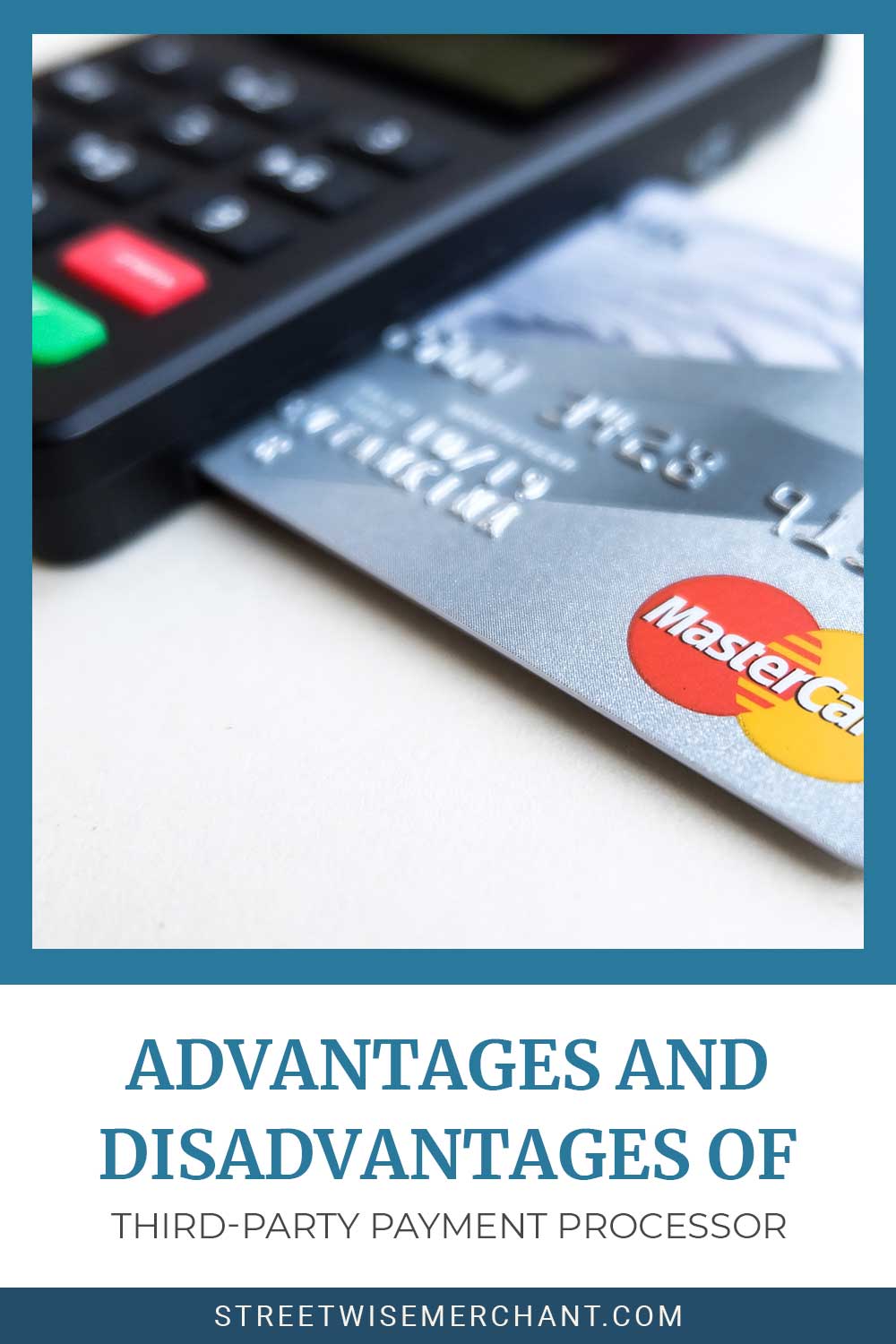The world is an online shoppers paradise and with more and more stores and new merchants only dealing with online, you will have to find a third-party processor to help you with accepting those online payments (unless of course, you are planning on going the merchant account route). No matter the way you decide to go you will want to do some careful consideration after all each option has its advantages and disadvantages.
In this article, we are going to look at the advantages and disadvantages of a third-party payment processor.
Advantages
When weighing your options, it always helps to first look at what exactly you gain form making the decision to go with whatever you may be considering at that time. So, here are the biggest advantages of using a third-party payment processor:
- Price
If you are a new merchant or startup that doesn’t have a lot of initial capital, then starting by using a third-party processor could save you a ton of money. With the extra fees and start-up requirements as starting a merchant account with a payment processing company, you will be able to get on the road to building your future.
- Set-up
If you go the traditional route of the merchant account, there is a ton of paperwork and this can take up valuable time as well. With a third-party processor like say PayPal the set takes seconds and requires absolutely no paperwork.
- No monthly fees
Merchant accounts are ripe with fees and charges and can, in the end, take a hefty bite into your profits. With a third-party processor, there are way fewer fees and often you can start them for free or practically free.
- No minimums/month
With a third-party processor, there is no set number of transactions you must hit, unlike the merchant account option.
Now that you have a good idea of what you get from this decision let us move on to where this decision may not be the best for your business in the end.
Disadvantages
Knowing where a process or system struggles or falls short is a good way to finally come to the right decision for you and your business. So, below the disadvantages you may experience if you go with a third-party payment processor:
- Less Security
With the threat of identity theft and information hacking online utilizing a system that is solely online can be way less secure than dealing with a large financial institution that has extra security to protect your information better.
- Customer Service
Third-party processors often cut costs by having a limited number of customer service reps. This means less customer support and a ton more frustration on the merchant’s part.
- High Cost
By using a third party the budget-saving measures we have discussed may just cover the cost of the transaction fees. Though merchant accounts have them many of the third-party processors charge a hefty 3% and that is way higher than the traditional merchant account institutions.
- Less Professional
This is a new avenue for merchants and that means that a lot of the more established brands have not and do not use them. This may to some businesspeople seem like an unprofessional option.
So now that you have that information loaded n your brain you can make that final very important decision merchant account or third-party payment processor.
Final Thought
Understanding and knowing the ins and out and ups and downs of a system that is very vital to the success for your business is always a great idea. We have laid out the biggest advantages and disadvantages when it comes to the third-party processor in the hopes that you will be able to make an effective and beneficial decision for you and your business. Armed with this information you should be able to determine whether you want to play it old school or hop on the new wave of ways to accept your credit card payments.
